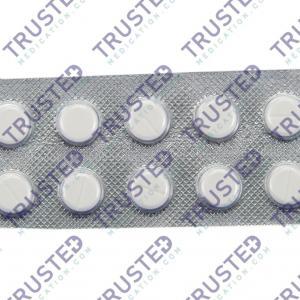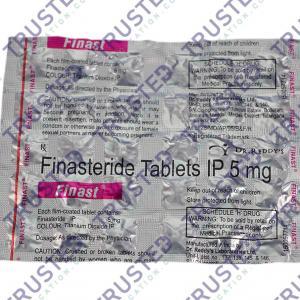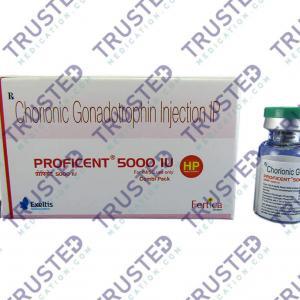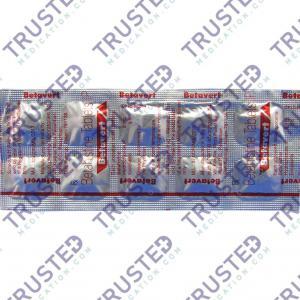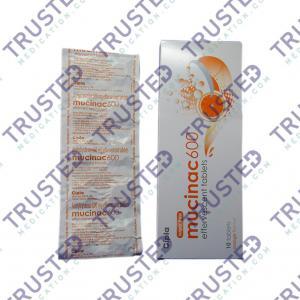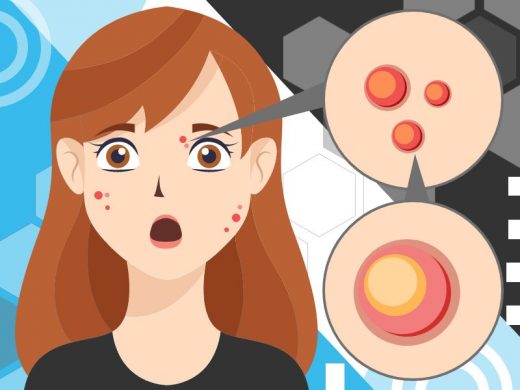
Acne is a skin condition where the pores in the skin are blocked by sebum, bacteria, dead skin, or hair. Blockages produce blackheads, nodules, whiteheads, and other types of pimples. Acne is a typical skin problem that people experience from ages 10 to 30 years old.
Who Does Acne Affect?
Generally, it affects teenagers and young adults during the hormonal changes stage. But, many people are struggling with acne in their 20s to 30s. The typical spots of acne are in the forehead, face, chest, upper back, and upper shoulders.
What are the Types of Acne?
- Blackheads. These are open bumps on the skin that fill the excess skin with oil and dead skin. Blackheads have a similar appearance with dirt that is dumped and clogged in the follicles.
- Whiteheads. They are bumps that are closed by oil and dead skin.
- Papules. Inflammed red or pink bumps.
- Pustules. It contains pus and looks similar to whiteheads. Pustules can cause scarring.
- Fungal acne. It is due to excess yeast that develops in the hair follicles. It causes itchiness and inflammation.
- Nodules. These are solid large pimples in the dep of your skin.
- Cysts. Pus-filled inflammation and can cause scars.
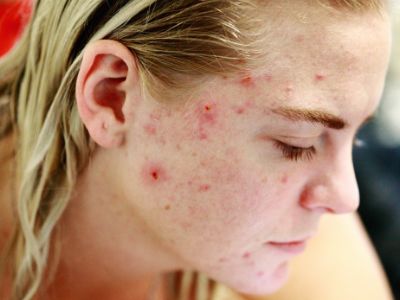
What are the Symptoms of Acne?
- Closed plugged pores
- Open plugged pores\red and tender bumps
- Pimples with pus
- Solid lumps
- Cystic lesions
Visit your doctor or dermatologist if the acne does not go away with self-care.
Risk factors of Acne
- Age as people can develop acne of all ages but it is rampant during teenage
- Hormonal changes as it happens during puberty or pregnancy
- Greasy and oily substances. Acne can develop when your skin comes in contact with oily creams and lotions.
- Pressure or friction of the skin. Tight collars and other things that touch your skin frequently can increase your risk of developing acne.
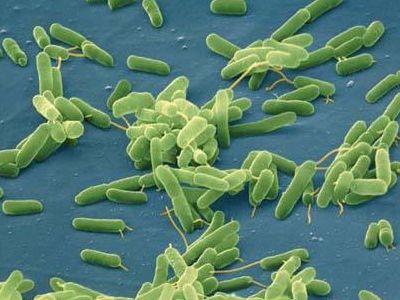
Causes of Acne
- Excess oil production
- Clogged hair follicles
- Dead skin cells
- Inflammation
- Bacteria
- Hormonal changes
- Certain medications
- Stress and an unhealthy diet
- Harmful cosmetics and poor hygiene
How to Diagnose Acne?
Your dermatologist can diagnose acne by looking at your skin. It involves examining your face, back, and chest. Your doctor will also ask information about your breakouts and may recommend blood testing for further diagnosis,
What is the Treatment for Acne?
Your dermatologist may recommend antibacterial creams and other beauty and skincare products. Changing your food choices and skincare habits can also help alleviate the production of pimples and other skin inflammation. Stay hydrated to maintain skin health and avoid direct exposure to sunlight if you are using skincare products.

